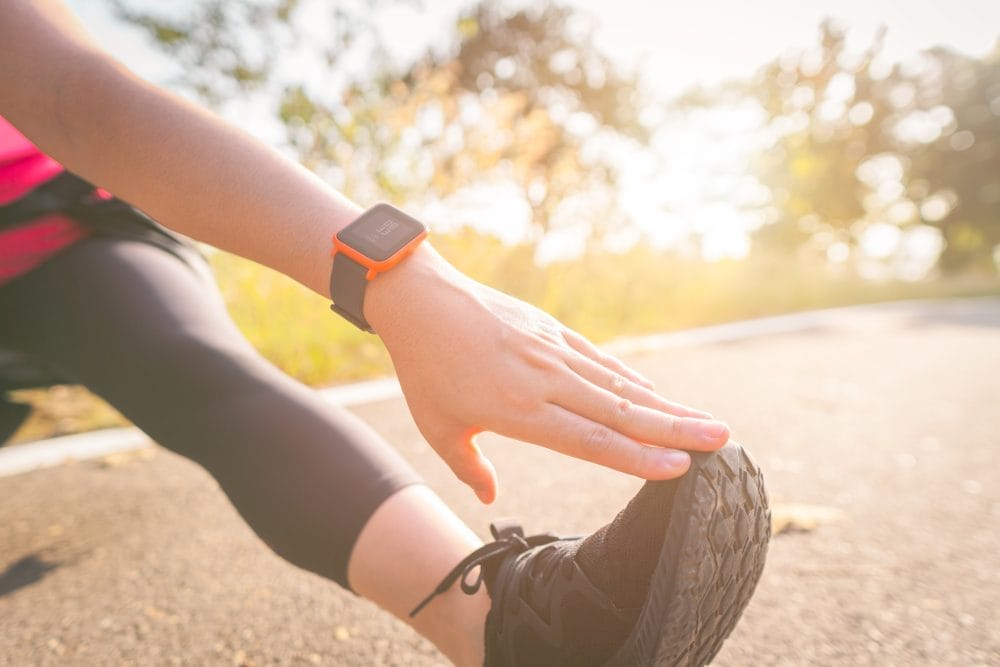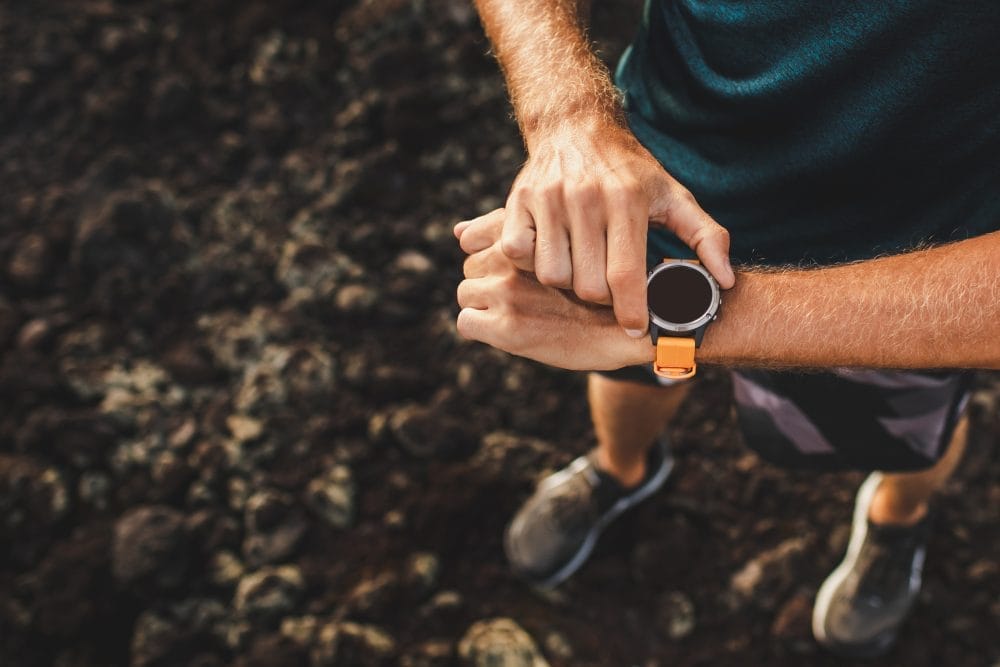Health has never been more measurable than it is today. With wrist-worn devices tracking heart rate, sleep quality, and even blood oxygen levels, fitness trackers promise a lifestyle reboot. The allure of personalized insights, daily reminders, and effortless logging draws millions to these gadgets.
But beneath the surface of sleek designs and proprietary apps, privacy concerns have emerged as a growing issue. Several well-known brands have raised eyebrows over their data practices, revealing how the convenience of wearable tech sometimes comes at the expense of data protection.
1. Fitbit Charge Series
The Fitbit Charge series, known for accurate activity tracking and pulse monitoring, has drawn criticism for sharing logged user data with third parties. Concerns emerged when its parent company, acquired by a tech giant, allegedly integrated workout information with advertising platforms. During certain investigations, the company’s privacy policy was flagged for being convoluted, making it unclear how long data is retained or who can access it. Users reported difficulty deleting historical data, which some believe could indicate long-term profiling. As a result, regulators and privacy advocates warned about using the device without careful review of privacy settings.
2. Garmin Watches
Garmin watches are beloved by serious athletes for their robust GPS and training features, but several security flaws have popped up over the years. In one audit, a vulnerability in their mobile app was found that risked leaking user’s location histories. It was revealed that external servers occasionally processed sensitive health data without strong encryption. The lack of anonymization for shared workout segments raised concerns, since co-located workouts could inadvertently identify other individuals. Garmin has since patched some of these issues, yet the incident stressed the importance of secure data practices even for premium wearable brands.
3. Xiaomi Mi Band
Budget-friendly and feature-rich, the Xiaomi Mi Band quickly became popular worldwide, yet questions about its data governance lurk in privacy circles. Reports indicated that sensitive health metrics, including sleep and heart rate data, were being sent to servers in another country with lax data residency safeguards. Authorities in multiple regions warned that users rarely consented to cross-border data transfers. Security researchers noted that data encryption in transit was minimal to nonexistent in earlier firmware versions. While Xiaomi has pledged improvements, the Mi Band still raises red flags for users in regulated areas.
4. Huawei Watch
Huawei’s Wear OS-compatible smartwatch lineup is compact, stylish, and feature-packed—but compliance issues have followed it offshore. Investigations in some jurisdictions showed that user data could be replicated on Chinese servers without explicit user consent. The privacy policy was criticized for vague phrasing that allegedly covered broad data collection for analytics and unspecified third-party sharing. Peer-reviewed security analyses also pointed out potential backdoor vulnerabilities in device firmware. Though the company denies any targeted misuse, security experts urge cautious consideration before purchasing or pairing these watches.
5. Samsung Gear and Galaxy Fit
Samsung’s fitness-focused wearables, including the Gear and Galaxy Fit lines, haven’t escaped scrutiny amid the tech giant’s vast data operations. Privacy regulators took issue with how Samsung Health collects fine-grained activity data and syncs it with cloud services, potentially merging it with user profiles. In some legal reviews, redaction of sensitive health info in logs was found insufficient, leading to audit flags. The data sync process sometimes lacked transparency regarding third-party subcontracts. Samsung has made efforts to improve user control options, though some still feel those enhancements don’t eliminate all concerns.
6. Amazfit Bip Series
Amazfit devices, manufactured by Huami (affiliated with Xiaomi), are prized for their battery life and affordability—but their servers have stirred privacy concerns. Investigations discovered that de-identified health and GPS data were being retained indefinitely. Weak authentication safeguards on user accounts increased the risk of unauthorized access. In one incident, aggregated user activity data was reportedly accessed by an unauthorized third party without detection for weeks. Amazfit has since updated security protocols, yet the default settings still require review from privacy-conscious users.
7. Whoop Fitness Tracker
Whoop sells itself as a data-driven performance tool especially for elite athletes, but the depth of data collection has triggered privacy questions. The strap collects sleep stages, temperature, respiratory rate, heart rates during workouts, and even recovery quotient. Critics argue that encouraging such granular data collection, combined with long-term retention, can create highly sensitive digital profiles. While Whoop claims anonymization for research use, users have limited visibility into how their data contributes to studies or partner programs. The platform’s length of data storage—even after account deletion—has been a point of contention.
8. Oura Ring
The Oura ring is minimal and unobtrusive, yet its scope of biometric insight—including temperature, heart rate variability, and sleep staging—makes it a prime candidate for privacy review. A legal review in certain regions flagged that the company’s terms allowed data sharing with academics and health institutions without explicit user opt-in. The default analytics settings could enable automatic sync to the cloud, even when users believed they were keeping data local. Researchers also mused that merging multiple biometric signals over time might allow de-anonymization. Oura acknowledges the need for stronger consent mechanisms and recently introduced easier opt-out toggles.
Privacy and Wearables
Fitness trackers hold incredible potential to revolutionize personal health tracking and performance. However, the history of privacy problems in some big-name devices shows that sensitive biometric and location data must be handled with extreme care. Users should be proactive: digging into privacy policies, managing consent settings, and thinking twice before syncing to cloud services or third-party platforms. It’s wise to opt for devices with transparent, strong encryption, clear retention policies, and user-centric control features. As wearable tech evolves, so must the norms around data governance and ethical use.
Thoughts on this list of flagged fitness trackers? Have personal experience with any of these devices—or maybe a different one—raise privacy concerns?
Share a comment below on what matters most when choosing a tracker, and let’s deepen the conversation on balancing innovation with privacy.
Read More
Why the ‘No Pain, No Gain’ Mentality is Ruining Your Health and Fitness Goals
10 Ways You’re Still Being Tracked After You Say “No”





